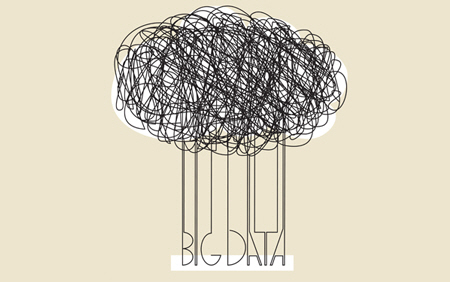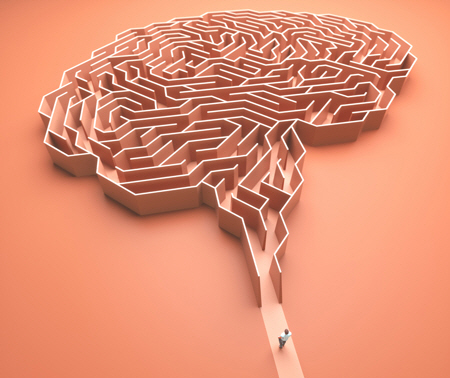 Rambling research can be fun, but…
Rambling research can be fun, but…
It’s not necessarily conducive to results. And that’s what we all want, right?
For a long time now, I’ve been looking for a quick and effective method for practicing psychotherapy. During my search, I’ve come across many different schools of therapy.
I’ve found that most of them are fun for the therapist to use, but they seem to either lack something or be plagued by too much BS.
The most effective form of psychotherapy is CBT…
AKA: Cognitive-Behavioral Therapy.
Cognitive-Behavioral Therapy is based on the idea that your mood is not caused by what happens around you (for example, your loved one comes home) but how you perceive what happens or how you think about what happens (you think she is happy to see you or you think she is angry at you). In CBT, we learn new ways of thinking about what happens around you (she may be angry, but it is not about you, and she needs your love and support.)
Research has shown that it is at least as effective as medication: It lasts longer with fewer side effects.
But it’s still not great… because it’s only effective about 30% of the time.
We need something better.
Dr. David Burns (Stanford University) is one of the founders of CBT. He took its basic principles and incorporated elements of behavioral therapy, humanistic therapy, psychodynamic therapy, systems therapy, paradoxical therapy, and more into a framework.
THEN… he validated that framework through work with thousands of clients.
When done well with a properly motivated client, it can produce “miraculous” results.
 TEAM is an acronym noting the four stages of the framework.
TEAM is an acronym noting the four stages of the framework.
“T” stands for “testing.”
Before and after each session, you’ll complete a form that tells me how you’re feeling at the moment. It’s completely subjective, but we can nonetheless use it to track improvement (or not) during each session and from one session to the next.
You’ll also evaluate me after each session, letting me know how I did as your therapist. You’ll rate the effectiveness of my empathy and the techniques we used during the session.
“E” stands for “empathy.”
Empathy is an essential part of therapy, but it’s not the sole ingredient for effective therapy. You need time to get everything off your chest and be understood.
No matter how long it takes, I will listen and reflect on what is going on in your life before we get down to work.
“A” stands “assessment of resistance.”
There are many good reasons people want to change, but there are also many good reasons they don’t want to change. If this is not completely examined and understood, you will be walking down a path with unseen land mines.
During this stage of therapy, you will find out why you developed the habits or disturbing thought patterns. Although we do not usually go into the historical reasons (like childhood experiences), you will be amazed to learn what keeps you from achieving your goals. For instance, there might be a good reason for being anxious. It might help you because of a need to remain vigilant, or it might be coming from the fact that you are a sensitive, caring person.
“M” is for “methods.”
After all that preparation, we finally get to the heavy-duty work of changing your patterns of thinking and feeling on a gut level. Once you change this deeply, you’ll enjoy that change forever.
Dr. Burns has developed over 100 methods that we can use, but we will focus on the most likely ones to help YOU. You might need a method based on logic. For example, if you tell yourself, “I’m a loser’,” we might examine if that is true. To be defined as “a loser,” do you have to be 100% a loser? 50%? Is there objective evidence to support that thought? Is there objective evidence to refute that thought?
You might need a more experiential method. We might role-play your internal dialogue in a way that you will convince yourself, on a gut level, that you cannot be a loser! Or delve into your inner thoughts that trigger anxiety and discover that the core thought or belief is something you cannot accept, which will completely dissipate your anxiety!
With so many possible ways of attacking your uncomfortable feelings and thoughts, our goal is to “fail as quickly as possible” until we find the method that works for you! Once that happens, you are off to a joyous life!
You have had enough anxiety, depression, or relationship problems.
Let’s get working together. Call me: (973) 944-0274.
We will set up YOUR road to a happy and joyous life. With the most effective system and tools, you will not be disappointed.

